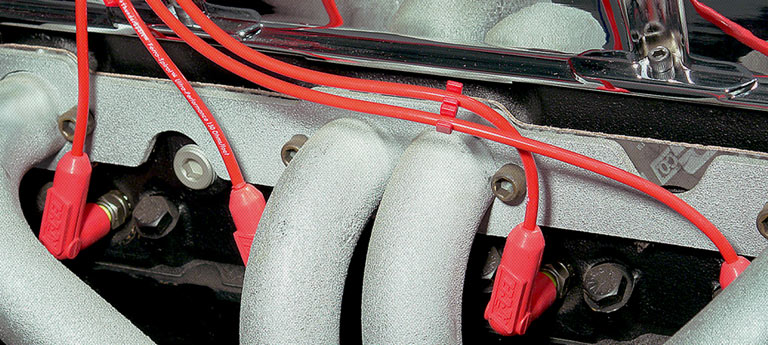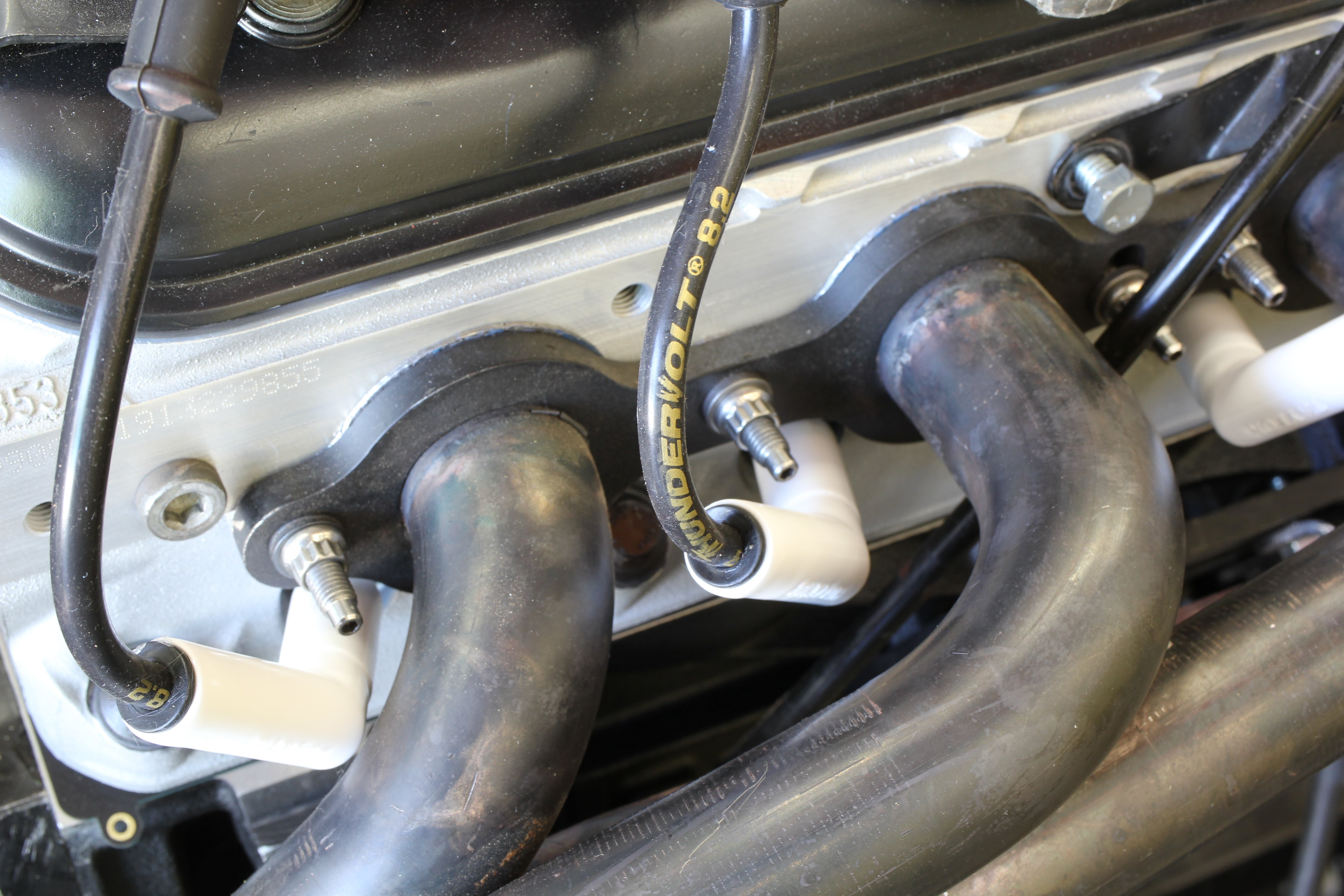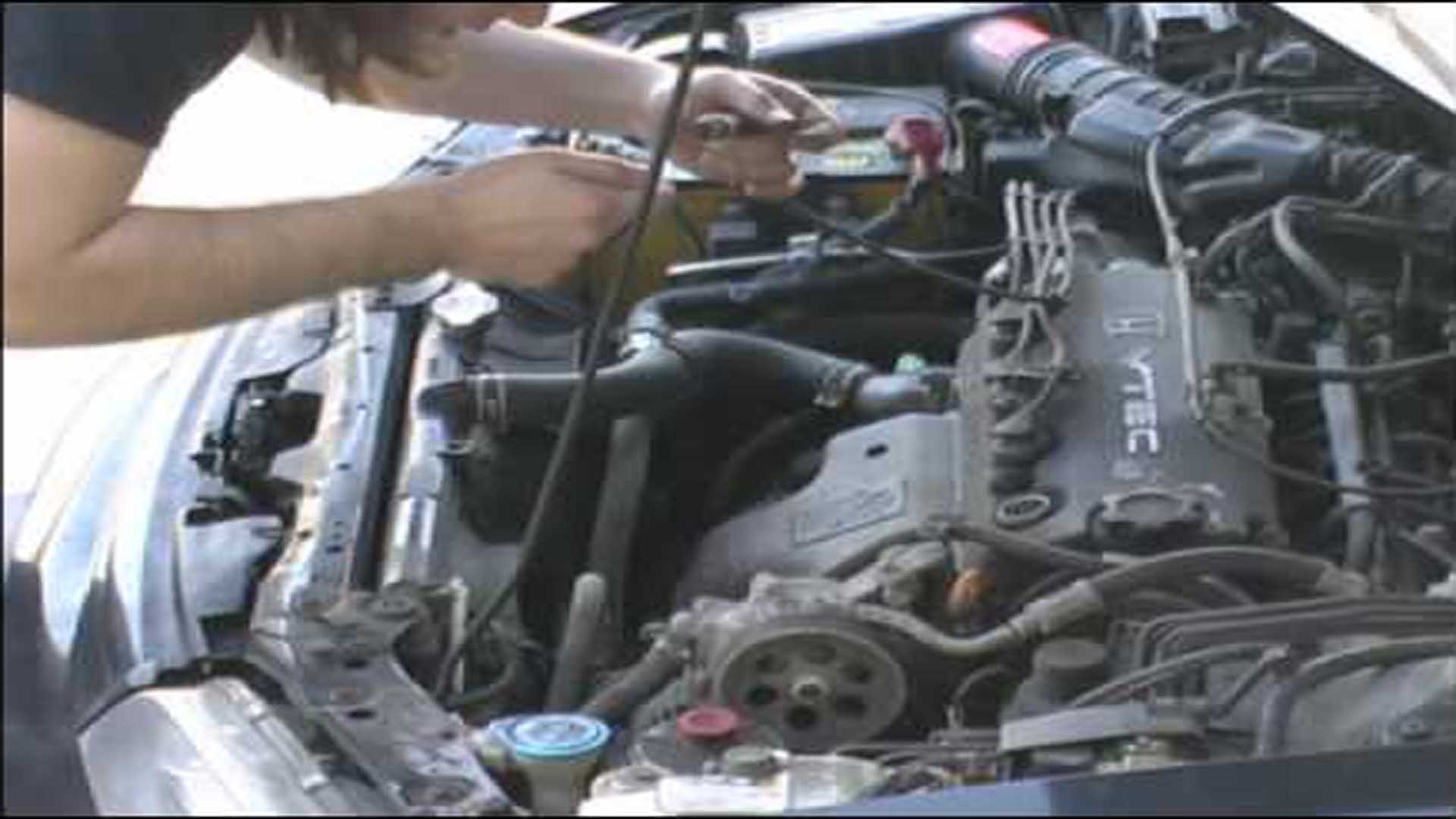
This may cause burns and damage to the engine head, as most engine heads and engine blocks are now made from aluminum. Never change spark plugs on an engine that has not cooled completely.Use only OEM (original equipment manufacturer) or better replacement spark plug wires and spark plugs.Replacing Spark Plugs And Spark Plug WiresĪ few things to remember when replacing your spark plugs and spark plug wires. You can find the recommended time for tune up or spark plug change in your owners manual, or contact any dealership for this information.

When necessary, make the engine repairs and change spark plugs as indicated by the manufacturer. Always use the recommended spark plug gap and heat range. Changing a spark plug will not always help with certain fouling problems. There are other reasons for spark plug fouling, though these are the most common. You can see crusty deposits on and around the plug from rust or ash, because the electrode is worn and may appear to be burnt. The spark plug will be chalky white and sometimes have blisters or discoloration on the spark plug core and or the electrode.



Though the spark plug and spark plug wire manufacturers have been coming up with new technologies to retard the effects of EMI or RFI, the people who design the cars, trucks, SUVs and vans we drive everyday are working hard to help with the effects of EMI or RFI. But the EMI or the RFI can also cause more severe problems with your vehicles computer or radio, or other vehicle electronic or electrical systems. When a spark moves or jumps the gap on the spark plug, it creates electromagnetic field causing a number of problems, such as poor spark plug performance. These unwanted signals interfere with other signals sent from other electric or electronic signals. With the spark plug and spark plug wires, this is extremely minute amounts of radiation that are emitted by electric circuits which carry rapidly changing signals. Instead, the resistors were created for EMI (electromagnetic interference) or RFI (radio frequency interference). Some think that the resistor will stop oil fouling or may stop the deposits from entering or exiting the spark plug chamber. Many people have this misconception about spark plug resistors.


 0 kommentar(er)
0 kommentar(er)
